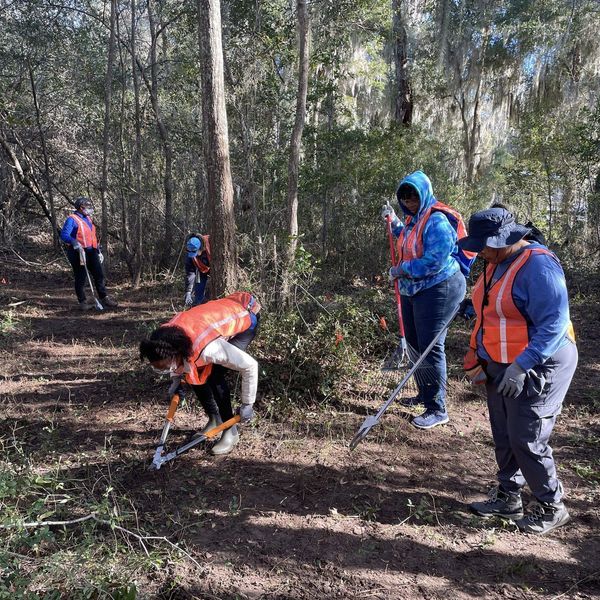As people around the country celebrate the legacy of Martin Luther King Jr., there's a Michigan community lacking the most basic of human rights: water.
The fallout continues in Flint, Michigan, as the city's water is leaching lead from old pipes. The problem started when it switched from Detroit water to Flint River water, which corroded old, lead pipes and exposed children throughout the city to a dangerous toxic metal.
The media--local, national and international--are providing up-to-the-minute coverage of the emergency, but it's too late for the city that was trying to reinvent itself.
It's too late for the children, doomed to a life of learning problems.
It's too late for parents who blame themselves for offering their child a cup of water before bed.
Flint--a city that is 56 percent black and has an estimated 40 percent of its people below the poverty level--is not alone. Every day millions of poor and minority communities in this country are disproportionately exposed to environmental contamination.
On this day of reflection, it is imperative that environmental justice remains at the forefront of the civil rights movement.
There are almost 12,000 stories in our news archive that deal with environmental justice issues. While our daily news aggregation is not meant to be exhaustive, this number is far too high.
You don't have to go back far. Stories since the turn of the year include:
Federal officials announced a hearing on the problem of coal ash dumping in minority communities. Down the road from Flint, in southwest Detroit, the biggest polluter in one of the state's most toxic zip codes wants to ... wait for it ... get a permit to pollute more. In Chicago, an investigation found that federal housing is leaving poor children at risk of lead poisoning. Native people in Alaska are struggling to maintain their culture and way of life in the face of climate change and rising sea levels.
Health remains at the core of these injustices, but it expands beyond that and connects to other key issues for the civil rights movement--police brutality, education and job opportunities.
Just look at Flint, where children see daily violence and deal with a broken school system.
Now they've been contaminated with a toxic that is linked to brain development problems, learning disabilities, low IQs and crime. Their uphill climb for a good education and well-paying jobs just got a little steeper.
For the police brutality link, look no further than one of the faces of the Black Lives Matter movement, Freddie Gray, a 25-year old black man who was killed last April while in custody of the Baltimore Police Department.
While Gray dealt with multiple issues throughout his life, his early childhood lead exposure certainly did him no favors.
It is past time that this country deals with its legacy of shifting the pollution burden to poor and minority communities.
Esther Calhoun of Uniontown, Alabama, and president of Black Belt Citizens for Health & Justice, said of coal ash pollution in her community: "No one thought that the members of this poor community would fight back or that anyone would listen to us."
But many like Calhoun are fighting back--it's time for state and federal officials to listen.
Michigan's Department of Environmental Quality for months brushed aside community concerns about the Flint drinking water.
And an investigation last year from The Center for Public Integrity found that 95 percent of civil-rights violations claims are denied by the Environmental Protection Agency.
We can do better.
Martin Luther King Jr. urged civil rights leaders in his famous 1963 speech at the Lincoln Memorial to "demand the riches of freedom and the security of justice."
In honoring him today we should all remember that freedom, justice and progress are best cultivated in a clean, healthy environment.


